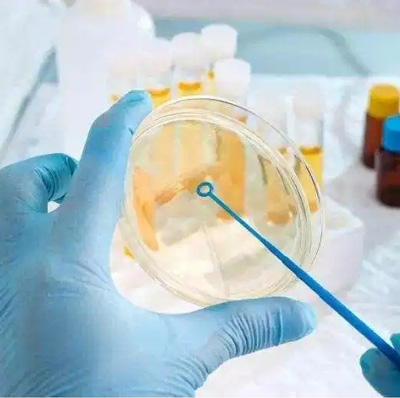From Sample to Diagnosis: The Critical Role of Microbiology Specimen Collection
2024-02-21

Microbiology plays a pivotal role in healthcare, aiding in the diagnosis, treatment, and prevention of infectious diseases. However, behind every accurate microbiological diagnosis lies a crucial initial step: specimen collection. In this article, we delve into the significance of proper microbiology specimen collection, exploring its impact on patient care and clinical outcomes.
The Importance of Quality Specimens
Quality specimens are the cornerstone of reliable microbiological analysis. A well-collected sample ensures that accurate and meaningful results are obtained, facilitating timely diagnosis and appropriate treatment. Conversely, inadequately collected specimens can lead to erroneous findings, potentially compromising patient care and safety.
Factors Influencing Specimen Collection
Several factors influence the quality of microbiology specimen collection. These include the selection of appropriate collection sites, proper collection techniques, adequate sample volume, and timely transportation to the laboratory. Each step in the collection process is critical and requires attention to detail to minimize the risk of contamination or degradation of the sample.
Selection of Collection Sites
The choice of collection site depends on the suspected infection and the type of microorganism involved. Whether it’s a blood culture, urine sample, respiratory swab, or tissue biopsy, selecting the right site is essential for maximizing diagnostic yield. Clinicians must be knowledgeable about the specific requirements for each type of specimen to ensure accurate results.
Proper Collection Techniques
Following standardized protocols for specimen collection is paramount to maintaining consistency and reliability. Proper technique not only minimizes the risk of contamination but also enhances the likelihood of detecting the target microorganism. This includes using sterile collection devices, avoiding unnecessary contamination from skin flora, and adhering to aseptic practices throughout the procedure.
Adequate Sample Volume
The volume of the specimen collected is another critical factor influencing the accuracy of microbiological analysis. Insufficient sample volume may lead to false-negative results or inadequate testing, compromising diagnostic sensitivity. Clinicians should ensure that an adequate quantity of the specimen is obtained to optimize the chances of detecting the pathogen.
Timely Transportation and Processing
Once collected, specimens must be promptly transported to the laboratory for processing. Delays in transportation can impact the viability of microorganisms and compromise the reliability of test results. Proper labeling, packaging, and transportation protocols are essential to maintain sample integrity and ensure timely analysis.
Conclusion:
Microbiology specimen collection is the foundation upon which accurate diagnoses and effective treatments are built. By prioritizing proper collection techniques, clinicians can enhance the quality and reliability of microbiological analysis, ultimately improving patient outcomes. As healthcare professionals, we must recognize the critical role of specimen collection in the diagnostic process and strive for excellence in every aspect of patient care.
















